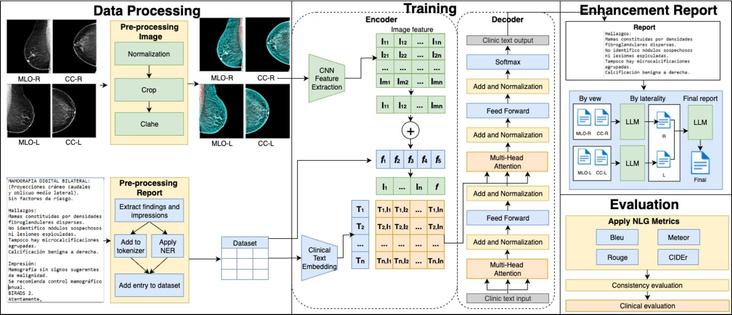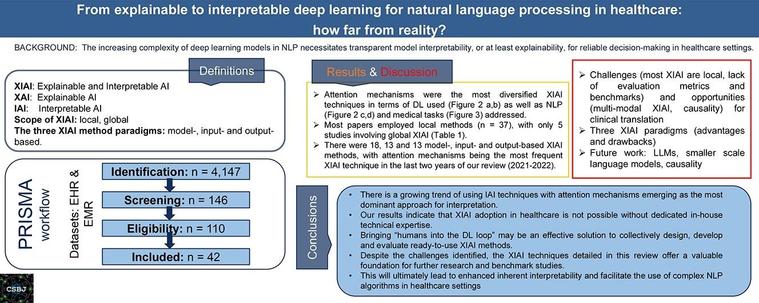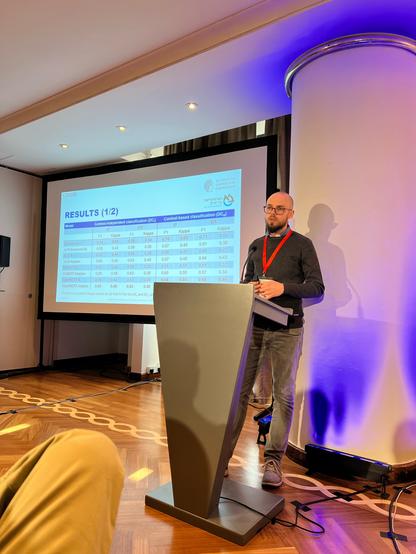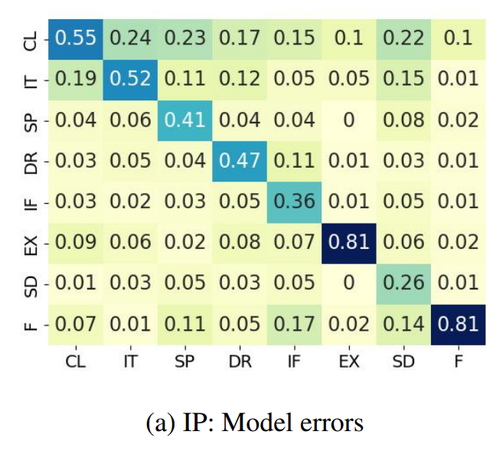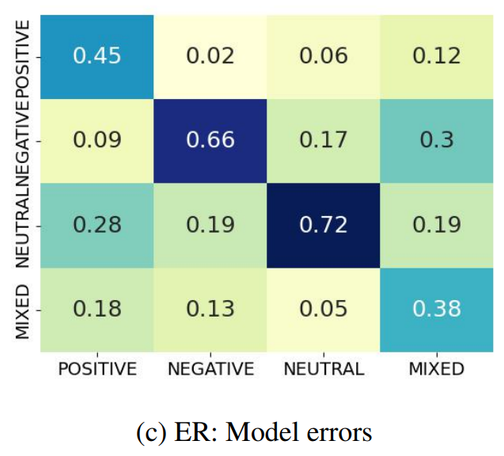🩻 AI isn’t here to replace radiologists — it’s here to write their first draft.
🔗 Hybrid framework for automated generation of mammography radiology reports. Computational and Structural Biotechnology Journal, DOI: https://doi.org/10.1016/j.csbj.2025.07.018
📚 CSBJ: https://www.csbj.org/
#Radiology #Mammography #BreastCancerScreening #MedicalImaging #DigitalHealth #RadiologyAI #CancerDetection #SpanishAI #ClinicalNLP #HealthcareInnovation #GlobalHealth #HumanCenteredAI #AIinHealthcare #MedicalAI #HealthTech
